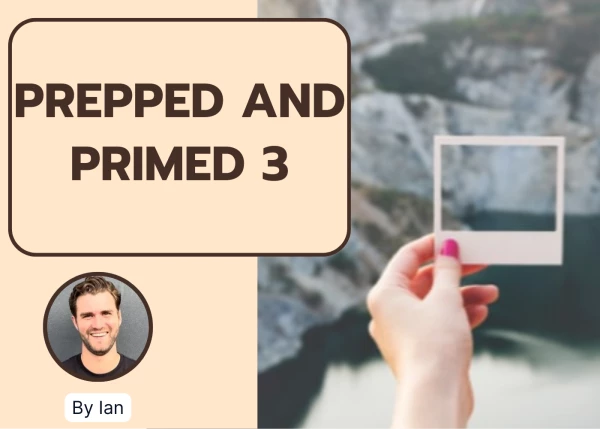As a new joiner, I'm wondering how to strike a balance between asking good clarification questions and finding out the answer by myself. I understand it is important to clarify doubts and make sure that I understand what the manager really expects. However, I have also heard that managers do appreciate people who could "react fast", possess individual thinking, and could find out answers by themselves.
For example, if I get a new task - do an analysis of the semiconductor industry. Should I directly clear all my doubts at once, and ask questions like - how's this analysis usually conducted? Or, should I spend time to think just a few high quality / extremely essential questions to help me understand what would be a good way to conduct the analysis?
Thanks!













